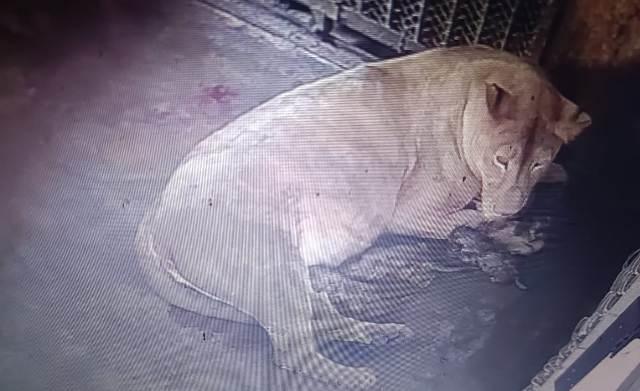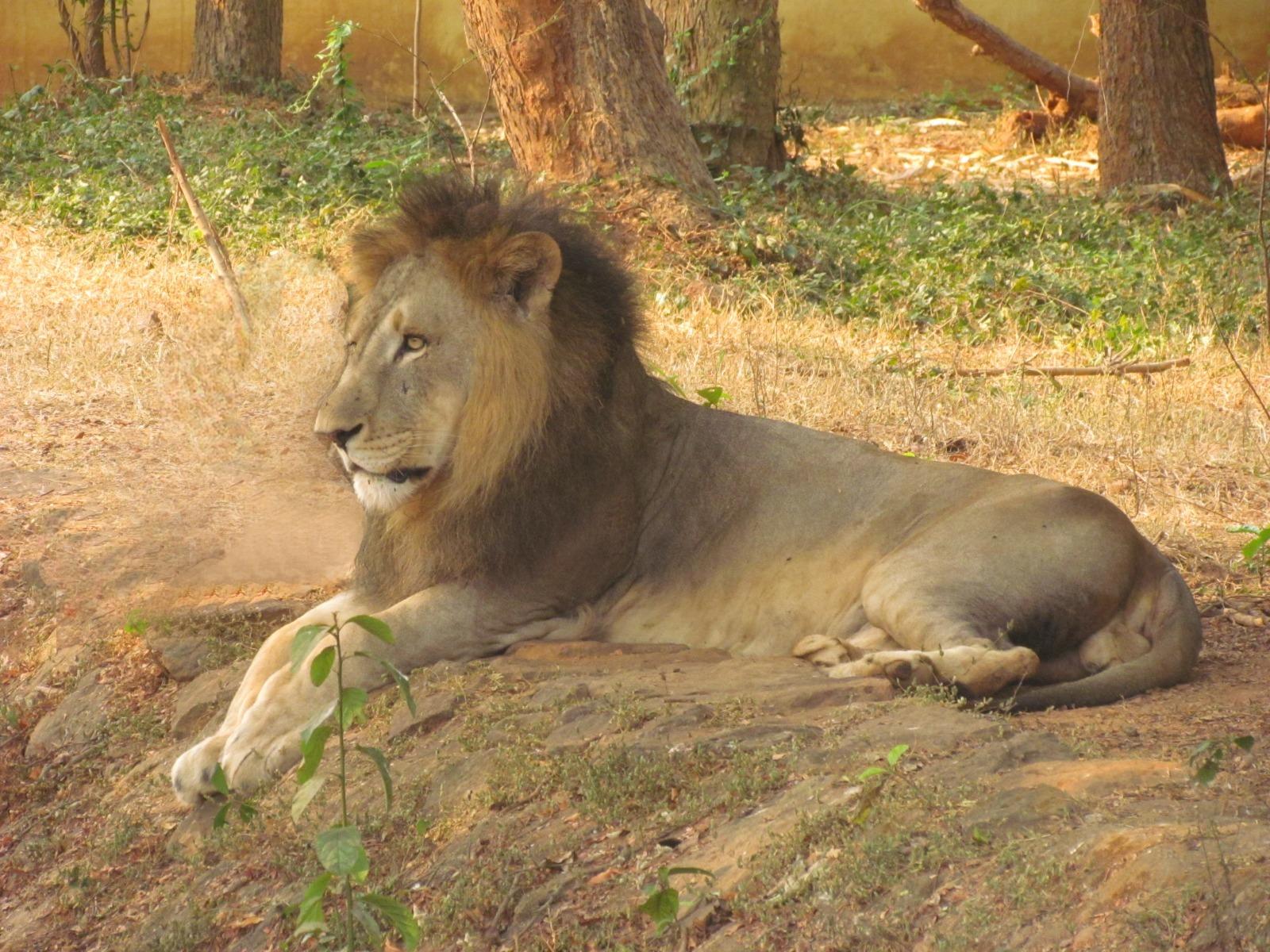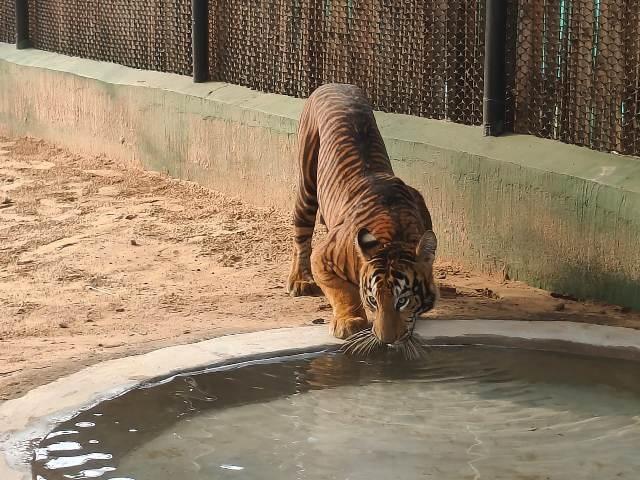Bhubaneswar: The Habitats Trust, a not-for-profit organisation dedicated to the protection and conservation of India’s natural habitats and native species, is set to organise its Grants symposium in Bhubaneswar on June 18th, from 3:00 PM to 5:00 PM, at Nandankanan Zoological Park. Following the successful symposiums in Jaipur, Chennai and Dehradun, where The Habitats Trust addressed queries of the passionate conservationists present and helped them in refining and strengthening their proposals, they aim to build on this momentum in Bhubaneshwar, a city known for its rich biodiversity. The region’s ecological richness makes it important as it is surrounded by diverse ecosystems, including coastal mangroves, forests, and wetlands, which are home to numerous endangered and endemic species.
This year’s symposiums are aimed at helping grass-roots conservationists learn to design and develop effective and time-bound conservation project proposals that can attract grants. Despite India’s rich biodiversity that accounts for 7% – 8% of all recorded species in the world and houses four of the 34 globally identified biodiversity hotspots (The Himalayas, the Western Ghats, the North-East, and the Nicobar Islands), conservation often takes a back seat to immediate human needs, leading to limited support for the conservationists who are doing seminal work on-ground. The Habitats Trust seeks to address this by equipping conservationists secure institutional support and foster networking among the conservation organisations in India.
“Odisha, characterised by diverse coastal and forest habitats, is pivotal for biodiversity conservation. It is home to Asia’s largest brackish water lake, Chilika, renowned for harbouring Critically Endangered Irrawady Dolphins and also host the spectacular Arribada, the mass nesting event of Olive Ridley turtles. Its varied ecosystem makes Odisha essential for conserving wildlife.” said Rushikesh Chavan, Head of The Habitats Trust. “However, rapid urbanization and development have posed significant threats to this region. This symposium is essential for local organisations to identify and address regional conservation issues, equipping them with the skills to write effective proposals and secure funding to tackle these challenges.”
The Habitats Trust’s application portal for its annual The Habitats Trust Grants will remain open till 1st July and can be accessed at https://www.thehabitatstrust.org. The grants, worth Rs 2.75 crores, aim to support holistic, innovative, and replicable projects dedicated to the conservation of India’s endangered wildlife and natural habitats.
Evaluation Process of The Habitats Trust Grants 2024
Selection of grantees has four major steps-
| Important Steps | Timeline |
| Application portal closing | 1st July |
| Eligibility Screening | July |
| Review of proposals followed by field visits | August- October |
| Sub Jury roundtable- Finalists chosen basis proposals and field visit reports | October-November |
| Jury Round- Grants announcement | December |
Experts including scientists and subject-matter specialists, conduct a thorough screening of applications. Criteria such as relevance, expected conservation impact, stakeholder engagement, scalability, replicability, and sustainability will guide the selection process, reflecting the organisation’s commitment to nurturing conservation efforts.
Prospective grant recipients and non-profit organisations working towards conserving India’s biodiversity are invited to apply under the following categories:
- THT Conservation Grant: Supporting organisations with a proven track record in wildlife conservation for at least five years, this grant aims to address critical challenges such as habitat degradation, loss of biodiversity, and human-wildlife conflict. Two selected projects will receive a grant of Rs 1 crore each and a span of three-year period to maximize the impact.
- THT Action Grant:This grant aims to support urgent conservation interventions for lesser-known species and habitats. Three individuals or organisations will be selected to receive grants of Rs 25 lakhs each, with projects running for a minimum of two years.
The Habitats Trust is engaged in impactful projects nationwide including marine, eco-restoration, tech for conservation, and on-ground terrestrial and freshwater initiatives. Besides partnering with NGOs possessing area-specific expertise to facilitate knowledge exchange and tailored conservation efforts, the organisation also works closely with government bodies such as the Government of Uttar Pradesh and the Indian Navy. In Dudhwa Tiger Reserve situated in Uttar Pradesh, the organisation works very closely with the state forest department and provides them with mobility and on-request conflict mitigation support in addition to the major conservation and restoration efforts in the area. The Habitats Trust is also working on conserving Hoolock Gibbons, an elusive, endangered species in the Northeastern states of India. The organisation believes in addressing the root cause of conservation issues, engaging with key stakeholders, and using technology for conservation.







